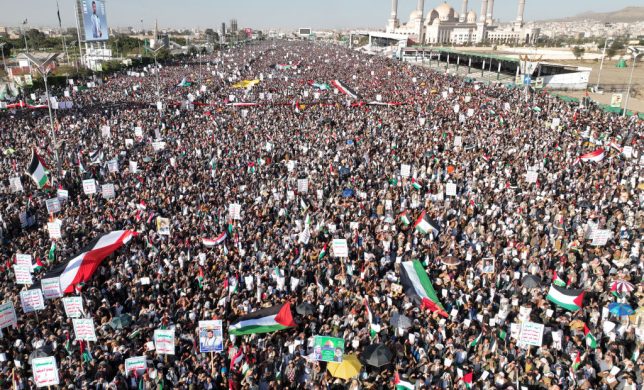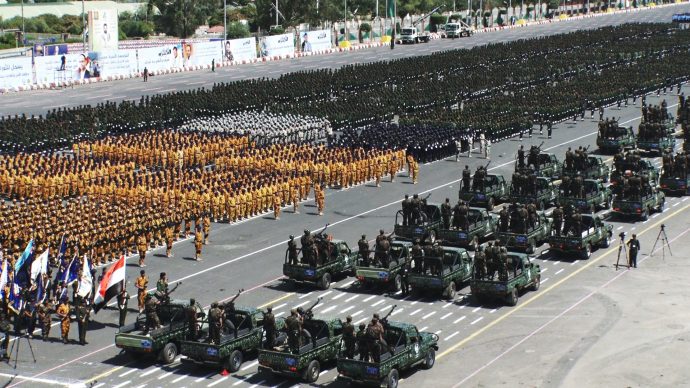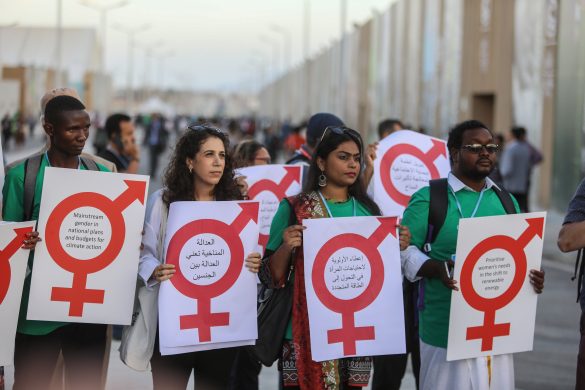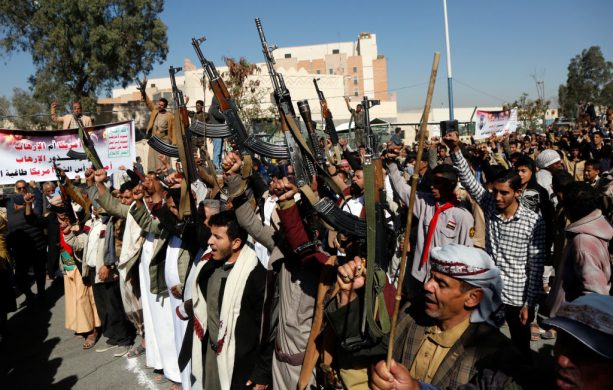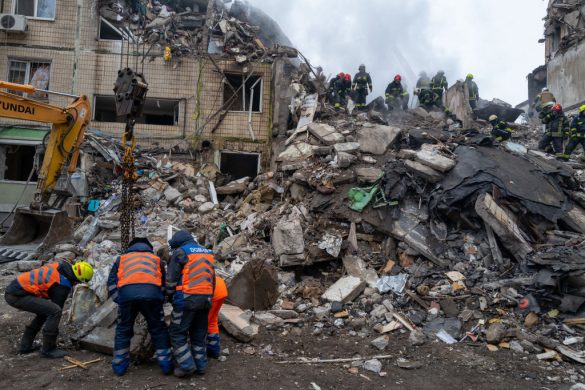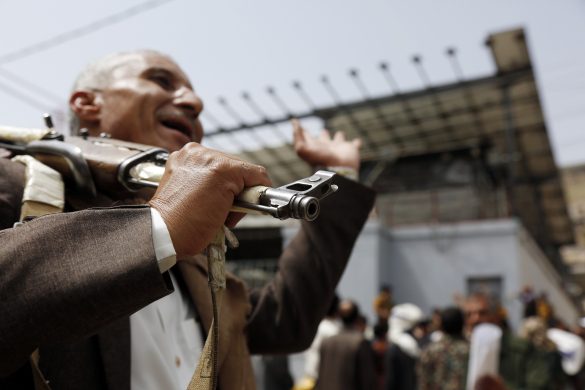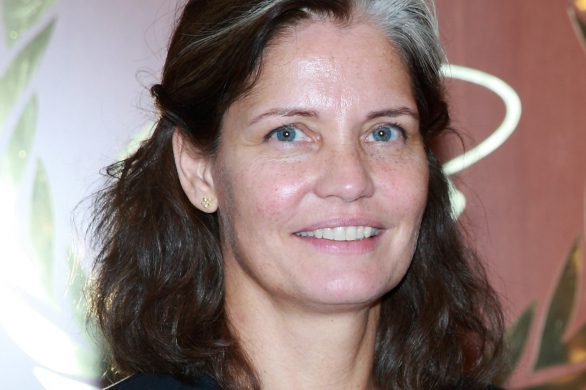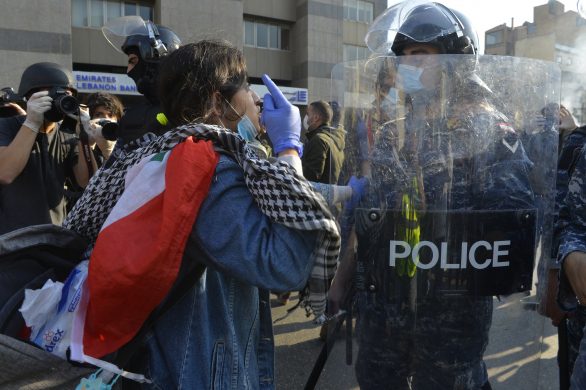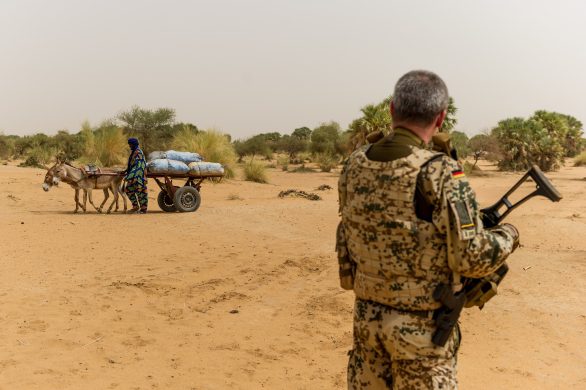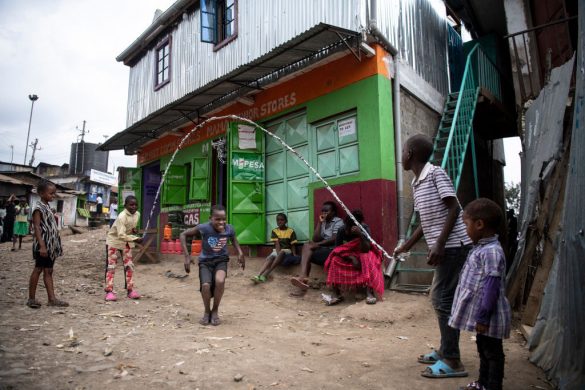SANA'A, 22 May 2017 (UNICEF): For Um Taha and four of her children, the past few days have been nothing short of harrowing. Camped in a little corner of the diarrhoea treatment centre at the Al Sabayeen hospital in Sana’a, the 39-year-old mother has spent sleepless nights trying to take care of her children, all of whom have been diagnosed with cholera. Her husband is looking after their other five children back home.
“Soon after my eldest son fell ill, my two other sons and daughter also contracted the disease. They all consumed water from the same source. Luckily, so far the other children are still safe,” the exhausted mother says.
A public health crisis in the making
Yemen is in the grip of a cholera outbreak. With more than 30,000 suspected cases of cholera and 300 associated deaths from acute watery diarrhoea reported across the country so far, Yemenis are staring at yet another public health crisis in the making.
Hospitals and treatment centres are struggling to cope with the large number of patients coming in from all corners of the country. Children, who are the most vulnerable, are seen sprawled on the floor of wards, twisting and turning with discomfort. Many of the cases are critical.
To make matters worse, there is a shortage of doctors and nursing staff, many of whom haven’t been paid in months. There is also a shortage of medicines and intravenous fluids.
UNICEF and partners are supporting diarrhoea teatment centres by providing much needed medicines, oral rehydration salts and water treatment tablets to those affected. But the number of those suffering continues to increase. UNICEF has also started setting up oral rehydration centres across the country where patients with moderate diarrhoea will be treated.
Shortages in the treatment centres
Dr. Hussein Hadas is heading the emergency response at the diarrhoea treatment centre in the Al Sabayeen hospital, where Um Taha’s family are struggling with the illness. He says his team is overwhelmed.
“There is a shortage of medicines, intravenous fluids, oral rehydration salts and other basic medical supplies. Patients are lying wherever they can find a place. My team is working around the clock to treat patients who are coming in large numbers.”
In another hospital across town, soiled blankets and bedsheets are stacked next to the ward where cholera patients are being treated. The hospital staff tell us there is no water to wash these blankets, which are possible carriers of infection. The toilets have no running water, and the doctor in charge of the hospital pleads for more medicines and medical supplies.
“Poor patients from all across the country are coming to us, but with a shortage of basic medical supplies, our hands are tied. Even though we haven’t been paid for months on end, we often give money to these poor patients from our own pockets to go out and buy basic medical supplies and food,” he explains.
In the coming days, UNICEF is airlifting diarrhoea disease kits, oral rehydration salts, intravenous fluids and other medicines to cope with the ever growing needs. But with nearly 10,000 suspected cases of cholera reported every week, the needs are overwhelming, and the collapsing health and sanitation system is barely able to cope.





